Why do Generation Z look older than millennials?
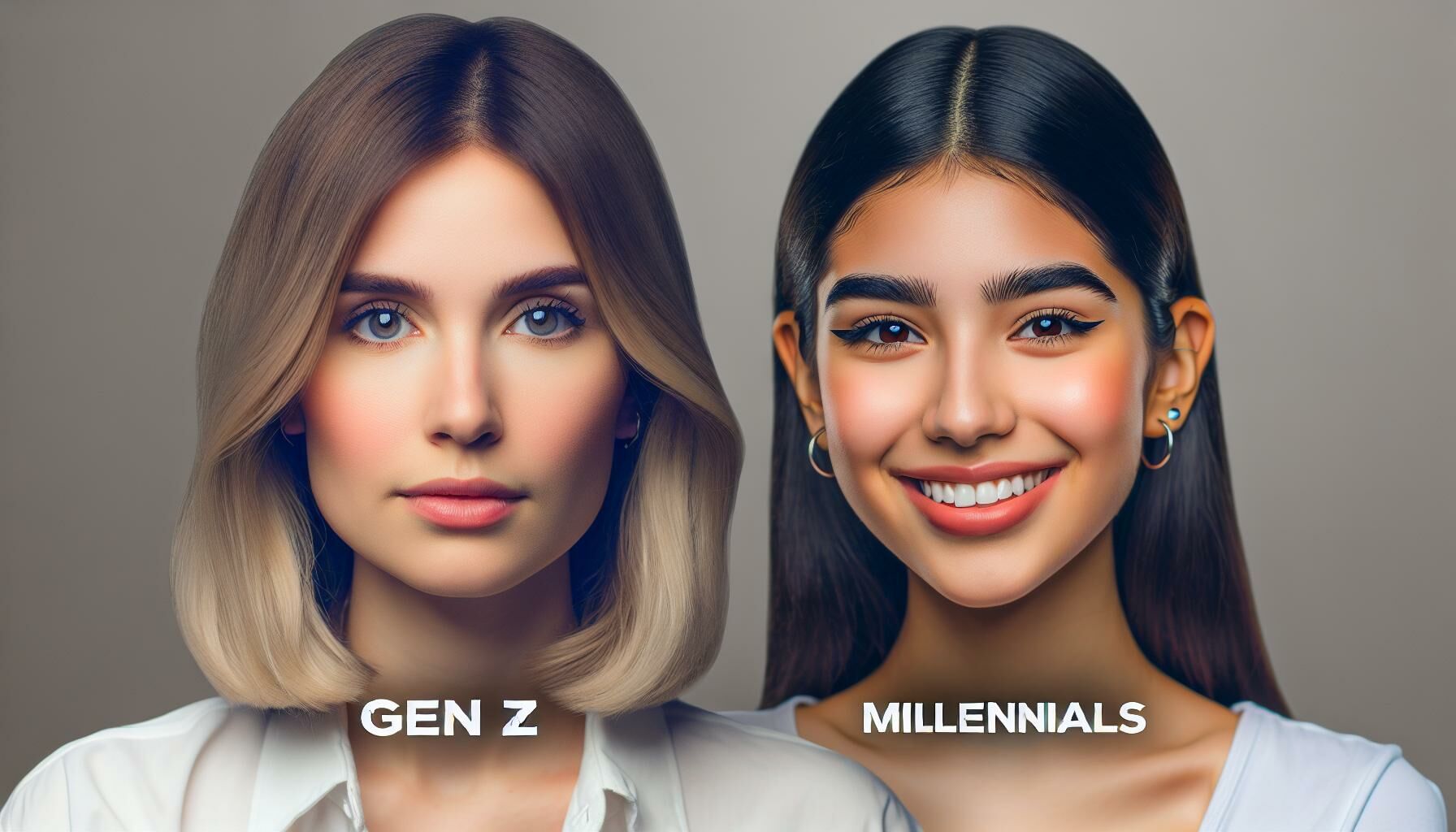
In the digital age, an intriguing topic has gained significant attention online: Generation Z is ageing faster than previous generations. This topic, which went viral on platforms like TikTok and has attracted millions of views, has sparked widespread debate and speculation about why this younger demographic appears older in comparison to millennials. Influencers and everyday users are adding to this discussion by sharing their own experiences where they’re perceived as significantly older than they are.
The topic has transitioned from mere online discussions to gaining the attention of scientists and researchers. What was once dismissed as vanity concerns or trivial chatter, recent studies suggest there may be credibility to these observations.
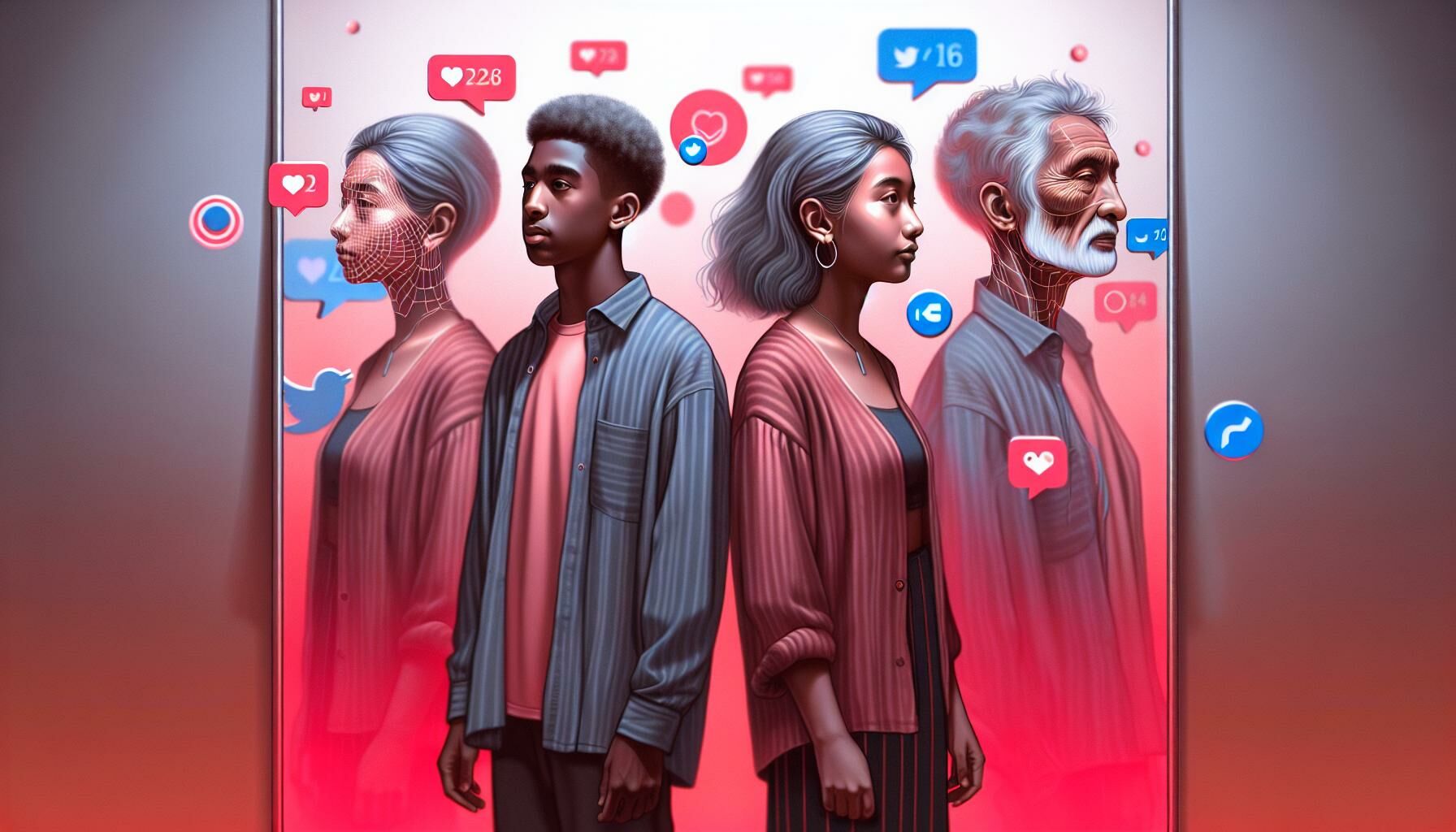
Perceptions of ageing in Generation Z
Influence of social media on perceived age
Social media platforms, such as Instagram or TikTok, have significantly shaped GenZ’s perceptions of ageing and self-presentation. These platforms often promote a more mature and sophisticated image than the users’ actual age. The continuous exposure to meticulously curated and edited pictures of peers and celebrities, who may appear older than they are, establishes a new benchmark for how young individuals perceive themselves and others.
Furthermore, the competitive nature of today’s digital age has prompted many in GenZs to adopt fashion and lifestyle choices typically associated with older demographics. The availability of makeup tutorials and fashion trends through social media channels causes teenagers to look older than their true age. Filters and editing tools on these apps further obscure the distinction between an individual’s real age and their online persona, leading to a perception that GenZs age faster than previous generations did at the same stage.
Using platforms such as TikTok and Instagram enables GenZs to mimic behaviours and linguistic styles usually attributed to older age groups. Coupled with the access to content spanning entrepreneurial advice to extensive political and cultural discussions, it empowers them to project an aura of sophistication and maturity.
This phenomenon of accelerated ageing is not solely a matter of cosmetic or superficial change. The demands of the digital era require a level of mental maturity from GenZs that was not expected from earlier generations at a similar age, fostering an advanced outlook on life from a younger age. While social media offers opportunities for learning and personal development, it also plays a significant role in altering the perceived ageing process among Generation Z members.
Lifestyle factors impacting ageing in Gen Z
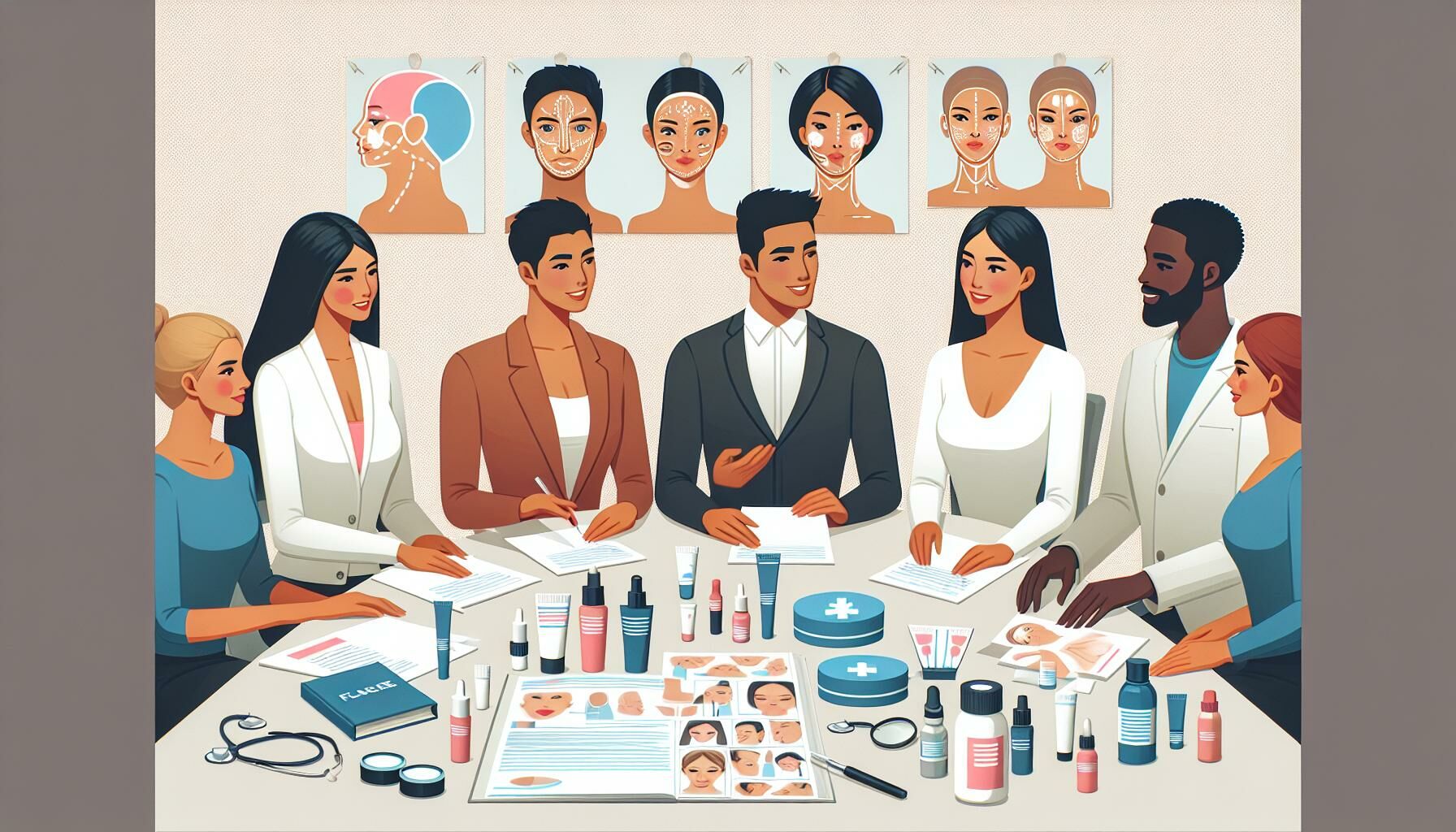
Skincare trends and their long-term effects
The growing interest of GenZ in skincare, including procedures such as fillers and Botox, often influenced by celebrity endorsements, plays a significant role in their ageing process. The appeal of instant solutions for achieving beauty standards may lead younger individuals towards options that could contribute to skin damage and faster ageing over time. Although fillers and Botox offer quick enhancements, they may diminish the skin’s natural elasticity and vibrancy after prolonged use. Moreover, relying on these cosmetic treatments from an early age can create a dependency cycle that might accelerate the ageing process, undermining the desired outcome of maintaining youthfulness.
The impact of stress on ageing
Stress is a critical factor in premature ageing, particularly for GenZs, who navigate a hyper-connected world dominated by social media and the internet. This generation experiences unprecedented stress levels due to constant connectivity, which not only blurs work and leisure boundaries but also subjects them to continuous societal pressures and comparisons. Excessive stress increases cortisol production, a hormone that causes inflammation and cellular damage, accelerating the ageing process. Furthermore, stress adversely affects mental health, which in turn impacts physical health and contributes to accelerated ageing. Chronic stress shortens telomeres—the protective caps on chromosomes that indicate biological age—speeding up the ageing process. As the first generation fully immersed in digital and social media environments, GenZs face a unique form of stress that could hasten their physical and biological ageing compared to past generations.
Urbanization and its ageing impacts
Urbanization plays a critical role in accelerating the ageing process of Generation Z, due to increased exposure to environmental pollutants and lifestyle stressors. Factors contributing to this phenomenon include air pollution, extensive use of electronic devices, and a diet high in processed foods. These elements elevate oxidative stress and inflammation, leading to premature ageing. The fast-paced urban lifestyle also increases exposure to blue light, disrupts sleep patterns, and encourages the consumption of more processed food items, adversely affecting both physical and mental health.
In urban environments, the scarcity of fresh and nutritious food options promotes unhealthy eating habits that can lead to weight gain, inflammation, and various health issues. Additionally, the competitive nature of city life often results in chronic stress. This constant exposure to stress hormones such as cortisol can lower collagen levels in the skin, creating wrinkles and other visible signs of ageing.
Health behaviours and perceived age
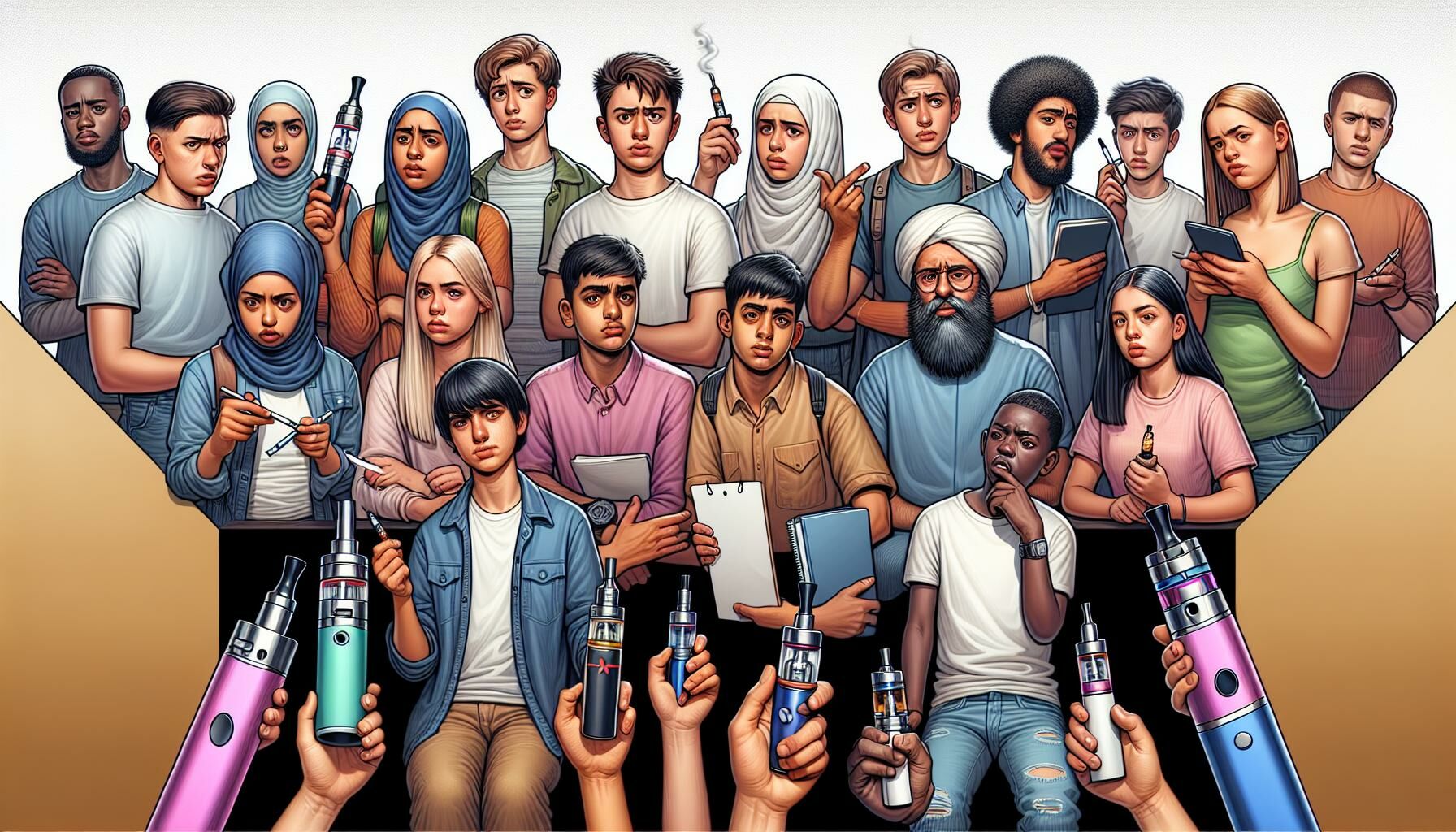
Diet and exercise’s role in youthful appearance
A balanced diet and regular exercise are key factors in maintaining a youthful appearance and GenZs value that. Nutrients from a carefully planned diet support skin health, elasticity, and vitality. Antioxidant-rich foods, like fruits and vegetables, are vital in combating free radicals that contribute to premature ageing. On the other hand, processed foods and high-sugar diets can exacerbate skin issues and hasten the ageing process.
Consistent physical activity enhances circulation, maintains healthy body weight, and improves muscle tone, contributing to a youthful appearance. Exercise stimulates the release of hormones beneficial for skin health and lowers stress levels, indirectly addressing factors that may speed up ageing processes. However, it’s important to note that while Gen Z’s participation in fitness trends and wellness-oriented diets can support longevity, an inclination towards extreme diets and fitness challenges might negate these advantages.
The prevalence of vaping among young adults
Vaping emerges as a notable health behaviour among GenZs, potentially leading to an older appearance. Marketed as a safer alternative to traditional cigarettes, e-cigarettes nonetheless present significant risks. Containing nicotine—often in quantities equal to a pack of cigarettes—e-cigarettes are highly addictive. The inhalation of e-cigarette aerosols introduces harmful substances into the body, such as diacetyl, nickel, tin, lead, and other carcinogens and volatile organic compounds.
These chemicals found in e-cigarettes can detrimentally affect skin health by accelerating the ageing process through cellular damage and reduced skin elasticity. Additionally, nicotine’s ability to narrow blood vessels restricts blood flow to the skin, limiting its access to essential oxygen and nutrients. This restriction can result in premature wrinkles and a dull complexion that appears aged.
Beyond direct physical effects, nicotine’s addictive nature may increase stress levels, further influencing perceived age. Stress is associated with several skin issues like acne and eczema that can amplify signs of ageing. Furthermore, accidental ingestion or contact with e-cigarette liquids can cause poisoning—a serious health risk that undermines youthful appearance.
Psychological aspects and aging

Social pressures and the pursuit of maturity
GenZs are confronted with significant social pressures that have contributed to their accelerated ageing process. The presence of social media in their lives plays a crucial role, often presenting unrealistic standards of success, beauty, and lifestyle. This drives young individuals towards adopting a more mature persona than their actual age. The quest for maturity is not just about physical appearance but also behaviours and social interactions. Due to constant comparison, this amplifies the stress levels, stemming from the aspiration to meet these standards and the fear of missing out (FOMO) on life milestones seemingly achieved by others.
Interestingly, social media can simultaneously promote and stigmatize behaviours associated with ageing. For instance, vaping is marketed as fashionable despite its adverse health effects like nicotine addiction and potential lung diseases. This highlights the contradictory nature of social media’s impact. Consequently, GenZ’s addiction towards e-cigarettes underlines the negative health consequences of traditional smoking due to societal pressure and the appeal of adult habits.
Furthermore, the celebration of adult-like behaviours and fashion on digital platforms increasingly obscures the distinction between adolescence and adulthood. This mimicry not only contributes to an aged perception but also imposes mental stress on young people, urging them to forsake the simplicity traditionally linked with youth.
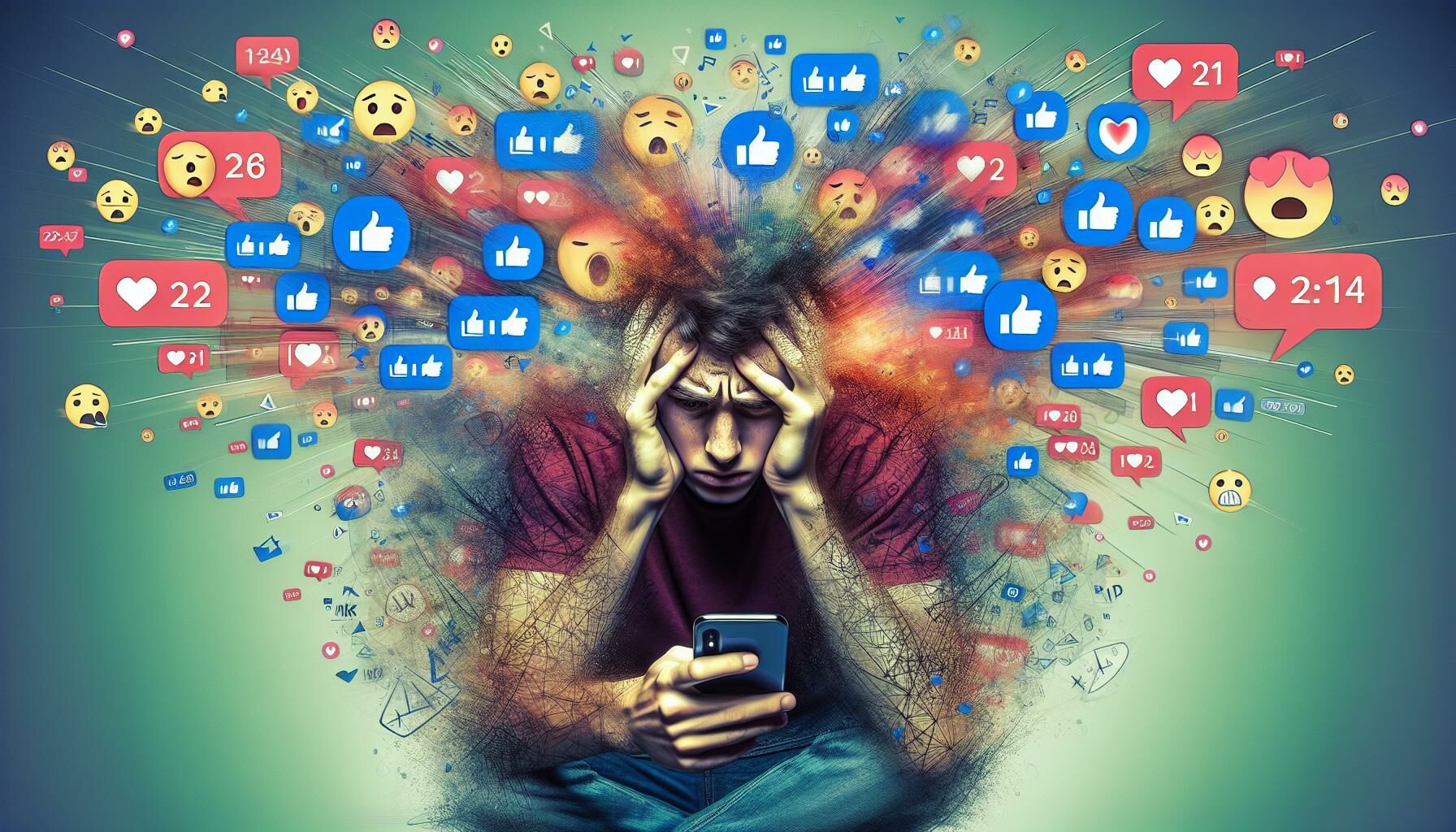
The search for identity and the pressure to mature
The psychological development of Gen Zs is tied to their search for identity and the pressure they face to mature quickly, factors that significantly influence their ageing process. Social media platforms have transcended their original purpose as mere connection spaces, emerging as pivotal stages for individuals to carve out unique identities. These digital landscapes, while fostering creative expression, simultaneously expose users to continuous scrutiny and comparison.
Gen Zs find themselves propelled towards early maturity due to the online personas they observe. On platforms such as Instagram and TikTok, they are bombarded with images of curated perfection. Emulating these behaviours and aesthetics imposes a considerable strain on young people to manifest an older persona both digitally and in real life.
This pressure is further exacerbated by the visible success stories of young influencers, equating maturity with accomplishment. As a result, this push towards accelerated ageing extends deep into Gen Z’s psyche, encouraging an untimely shift into adulthood before many are psychologically or emotionally prepared. This premature transition disrupts natural growth patterns while elevating stress and anxiety levels—factors contributing to physical signs of ageing.
As Generation Z navigates the challenges of rapid development, the psychological impact is visibly manifest. Engaging in behaviours intended to project an adult persona, such as vaping, introduces health hazards and accelerates physical ageing—highlighting the negative effects of rushing through youth. This blend of premature maturity with harmful actions leads to a cycle where psychological strain and physical well-being decline together, hastening the ageing process. This analysis underscores the importance of understanding and addressing the complex dynamics in adolescent development and health.
Generation Z is ageing faster than previous generations due to social media influence, lifestyle choices, and societal pressures. Recognizing these effects on mental and physical health is crucial. Society can alleviate the hastened ageing process by promoting a balanced lifestyle and fostering healthier growth for this generation and future generations.
Latest Thailand News
Follow The Thaiger on Google News:


























